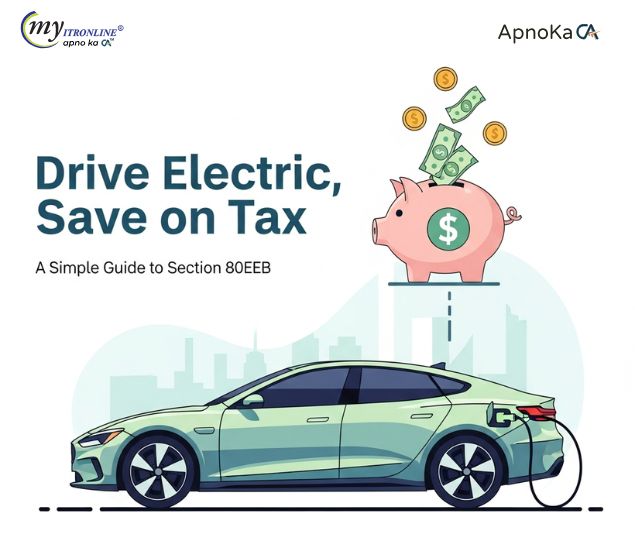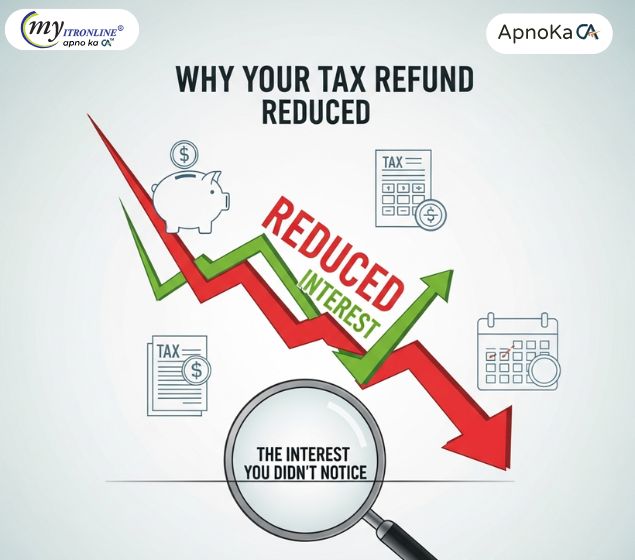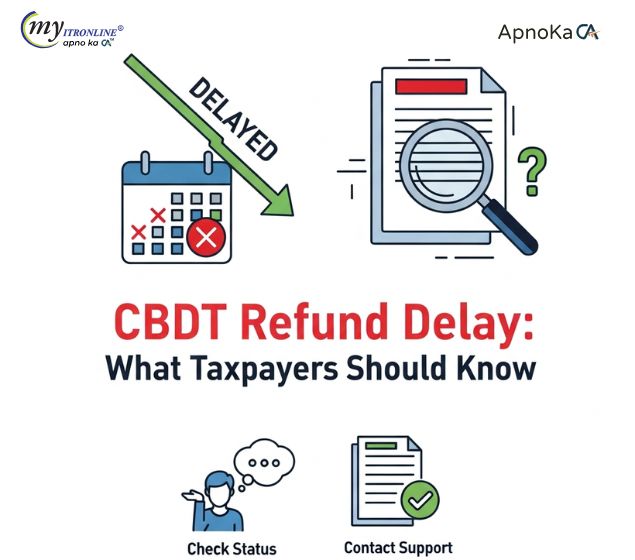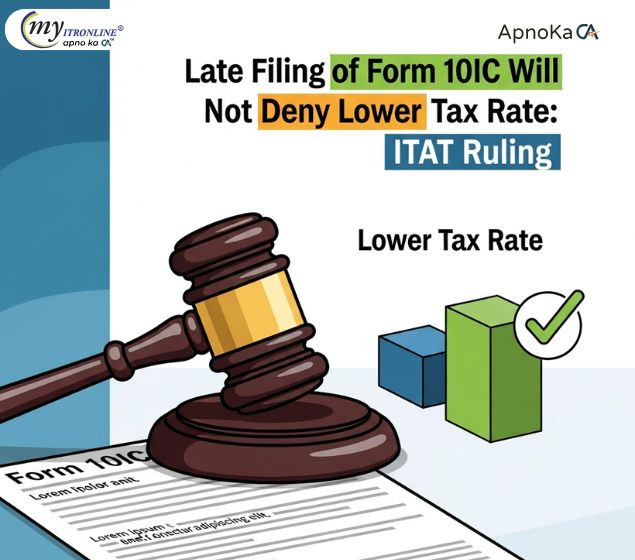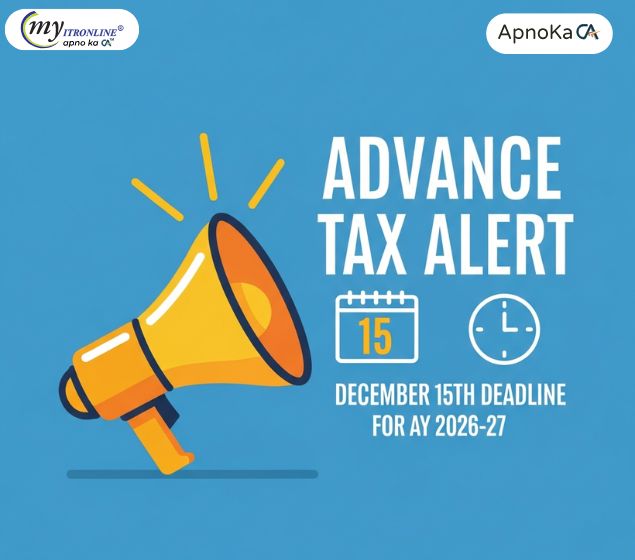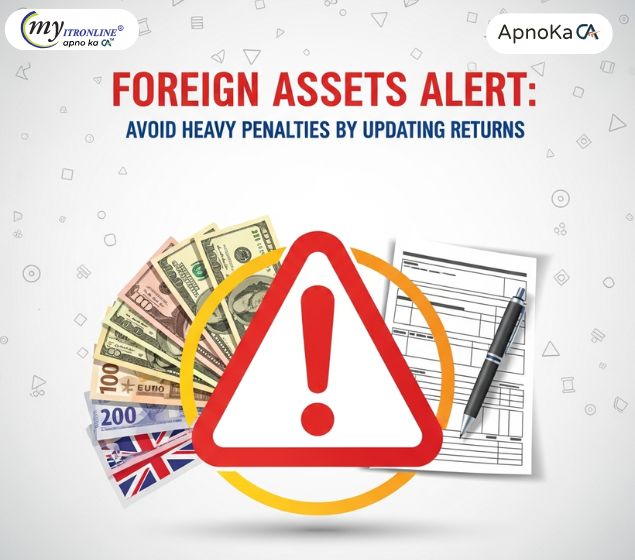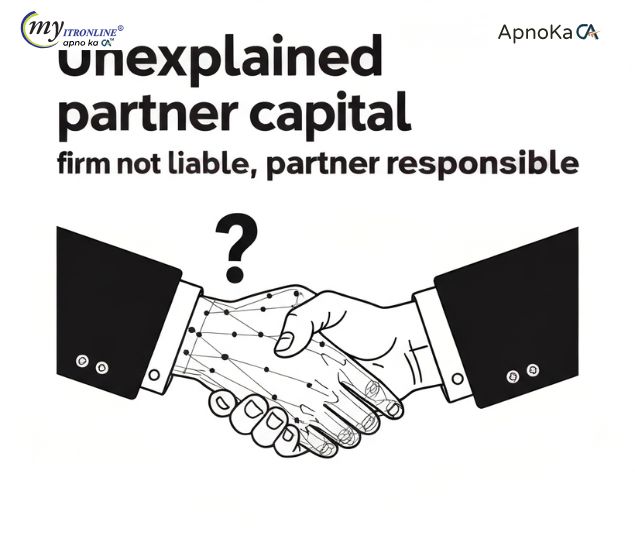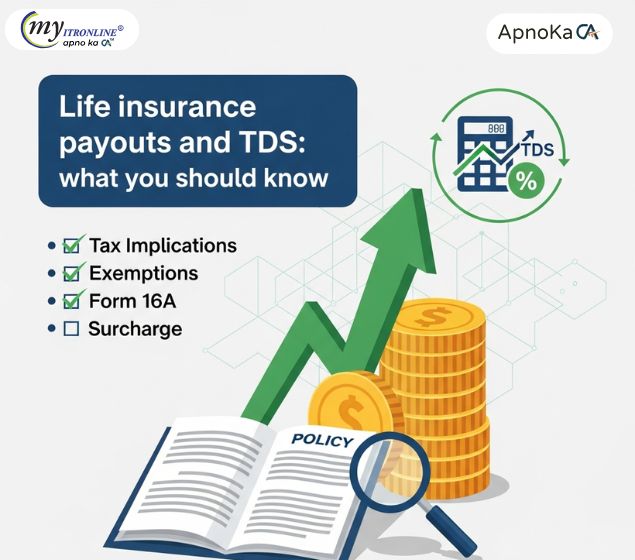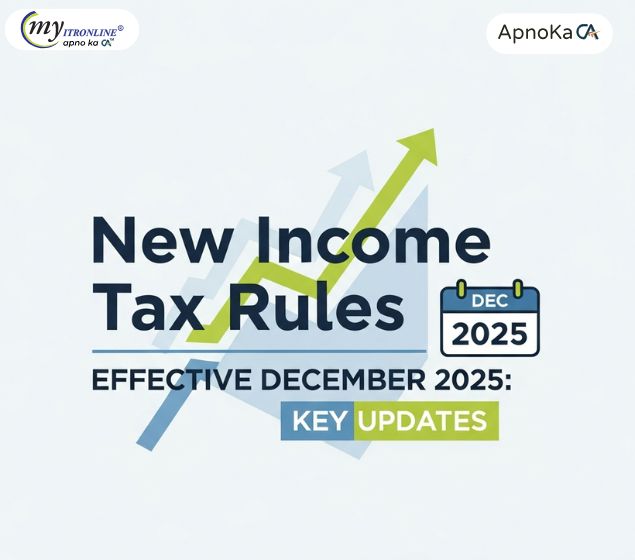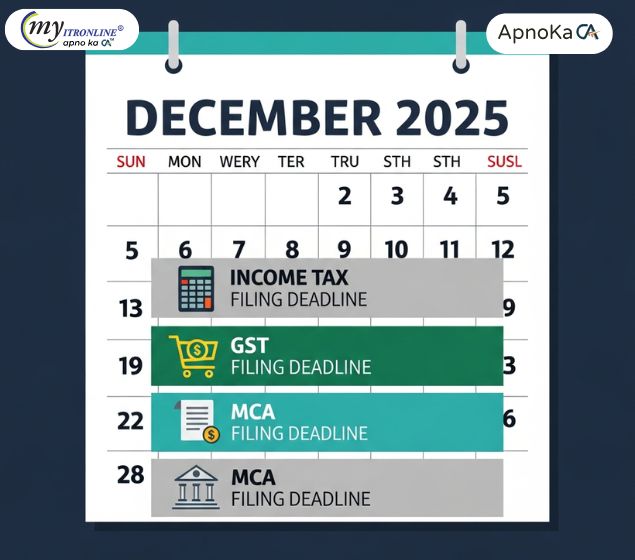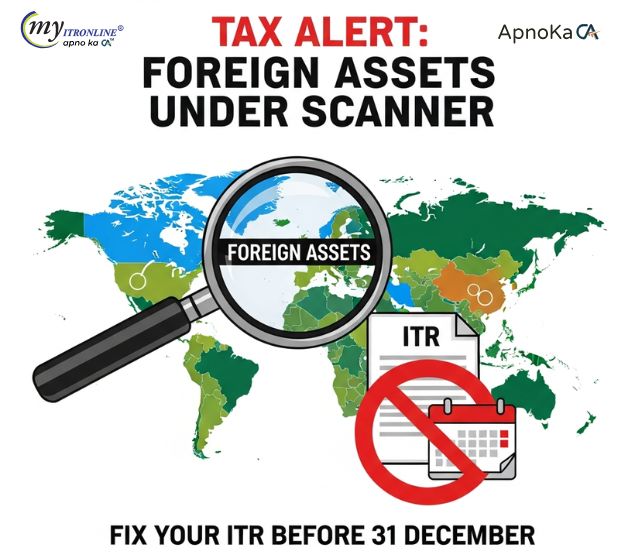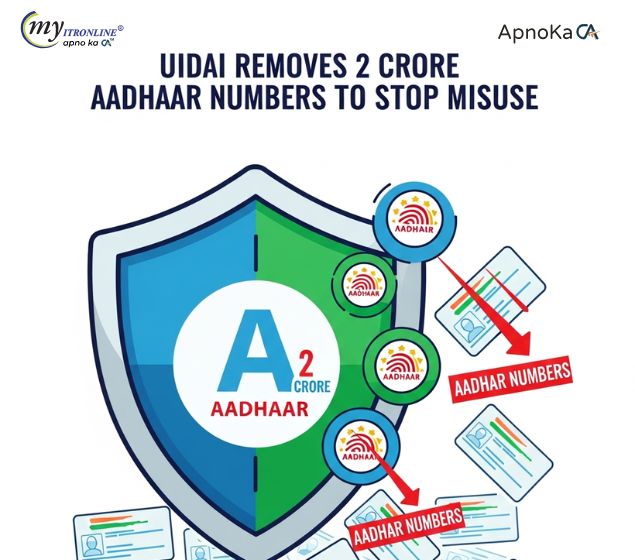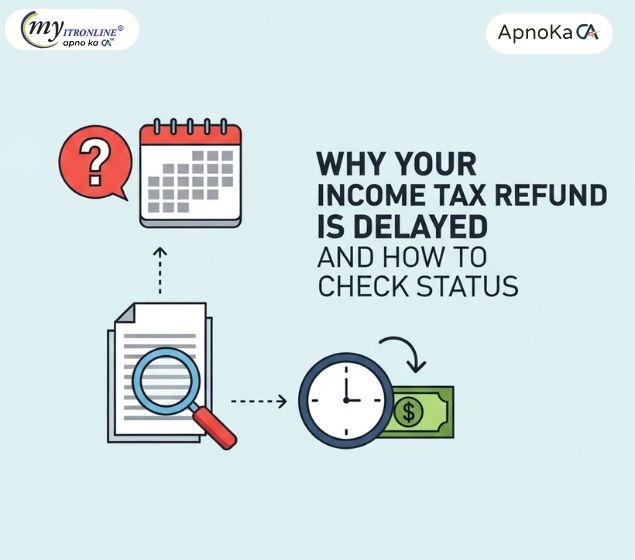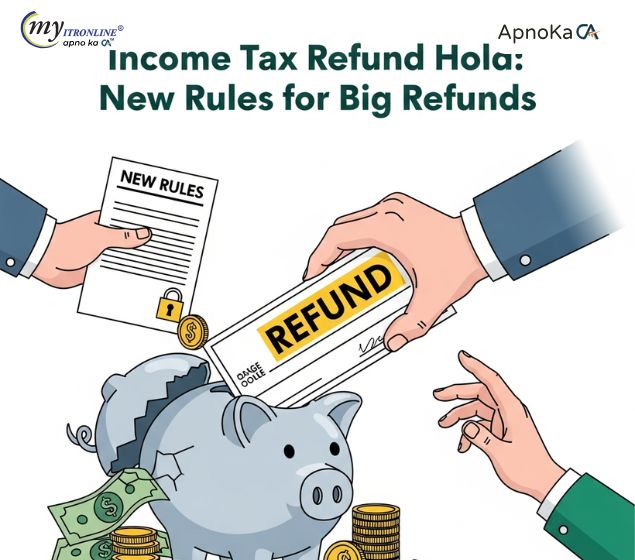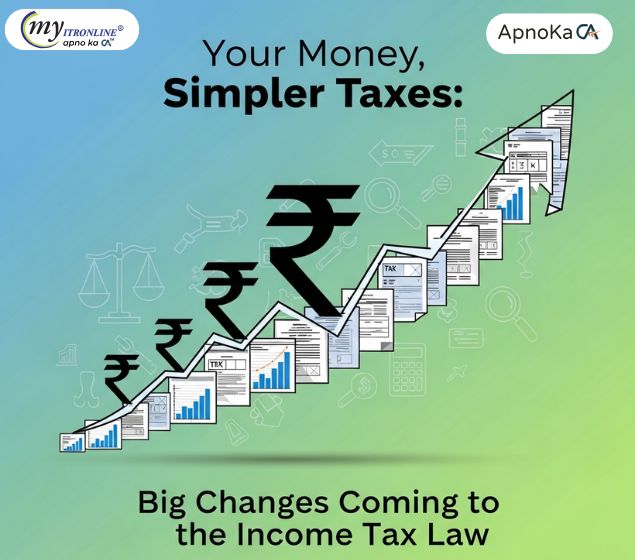Section 201(1A): The Cost of Delaying TDS – Interest on Late Payment
This blog post provides a comprehensive overview of Section 201(1A) of the Income Tax Act, 1961, focusing on the interest levied for delayed TDS deduction or payment. It explains the two distinct scenarios for interest calculation (1% for failure to deduct, 1.5% for failure to pay after deduction), clarifies the "month or part of a month" rule, and illustrates calculations with clear examples. Furthermore, it details the severe implications for defaulting deductors, including "assessee in default" status, disallowance of expenditure under Section 40(a)(ia), various penalties (271C, 271H), and potential prosecution. The post concludes with practical best practices to help deductors ensure timely compliance and avoid these costly repercussions.
.jpg )
In the complex world of Indian taxation, Tax Deducted at Source (TDS) is vital for ensuring a consistent flow of revenue to the government. Businesses and individuals making certain payments must deduct tax at source and deposit it with the government by the specified due dates. Failing to meet this responsibility can result in hefty financial consequences, primarily through interest charged under Section 201(1A) of the Income Tax Act, 1961.
This blog explains Section 201(1A), detailing why this interest is charged, how it’s calculated, and the broader impacts for deductors in India.
Why is Section 201(1A) Important?
Section 201(1A) acts as a deterrent to non-compliance with TDS rules. It ensures the government is compensated for delays in receiving tax revenue that was rightfully owed. When a deductor fails to deduct TDS or, after deducting, fails to deposit it to the government's account on time, they effectively hold government funds. The interest charged under this section serves as compensation for that delay.
The Two Prongs of Interest under Section 201(1A)
Section 201(1A) specifies two situations where interest is applied:
-
Failure to Deduct Tax (Wholly or Partly):
If someone required to deduct TDS does not deduct it at all, or only deducts part of the required tax, interest is charged.
- Interest Rate: 1% per month or part of a month.
- Period of Calculation: From the date the tax was due (the date of payment or credit, whichever comes first) to the actual deduction date.
-
Failure to Pay Tax After Deduction (Wholly or Partly):
If someone deducts tax but fails to deposit any part of it to the Central Government by the due date, interest is charged.
- Interest Rate: 1.5% per month or part of a month.
- Period of Calculation: From the date the tax was deducted to the date the tax is actually paid to the government.
Key Clarification: "Month or Part of a Month"
It's important to realize that, for calculating interest under Section 201(1A), even a single day's delay beyond a full month counts as an entire month. For instance, if the delay is 1 month and 5 days, interest will be calculated for 2 months.
How to Calculate Interest Under Section 201(1A)?
Here are examples to illustrate:
Scenario 1: Failure to Deduct TDS
- TDS Amount to be deducted: ₹10,000
- Due date for deduction: April 7, 2025 (for a payment made in March 2025)
- Actual date of deduction: June 15, 2025
Calculation:
- Period of default: From April 7, 2025, to June 15, 2025.
- April: Full month (any part of a month in April counts as full)
- May: Full month
- June: Full month (even if deducted on the 15th)
Total months = 3 months
Interest rate: 1% per month
Interest payable: ₹10,000 × 1% × 3 months = ₹300
Scenario 2: Failure to Pay TDS After Deduction
- TDS Amount deducted: ₹20,000 (deducted on May 25, 2025)
- Due date for deposit: June 7, 2025 (for a deduction made in May 2025)
- Actual date of deposit: August 10, 2025
Calculation:
- Period of default: From May 25, 2025 (deduction date) to August 10, 2025 (payment date).
- May: Full month (from May 25 to May 31)
- June: Full month
- July: Full month
- August: Full month (even if paid on the 10th)
Total months = 4 months
Interest rate: 1.5% per month
Interest payable: ₹20,000 × 1.5% × 4 months = ₹1,200
Important Note on Rounding:
Any amount on which interest is calculated is typically rounded to the nearest multiple of ₹100, ignoring any fraction of ₹100. However, interest calculated on this rounded amount must still be paid.
Implications for Deductors
The rules of Section 201(1A) have serious implications for anyone required to deduct TDS:
- Mandatory Nature: Interest under Section 201(1A) is mandatory. It applies automatically if there’s a default in deduction or payment, regardless of the deductor's intent or reason for the delay.
- Financial Burden: Interest charges can quickly add up, creating a significant financial burden, especially for large TDS amounts or long delays.
- "Assessee in Default" Status: Not deducting or paying TDS can result in the deductor being labeled as an "assessee in default" under Section 201(1). While there are certain conditions where a deductor might avoid this label (e.g., if the payee has paid tax on that income), interest under Section 201(1A) still applies.
- Disallowance of Expenditure (Section 40(a)(ia)): This is a severe consequence. If TDS is not deducted or deposited on time for payments made to residents, 30% of such costs will be disallowed in the deductor's business income. For payments to non-residents, the disallowance is 100%. This means the deductor may end up paying tax on something that should have been a deductible expense, raising their tax bills.
- Penalty (Sections 271C & 271H): Besides interest, penalties may be imposed:
- Section 271C: A penalty equal to the amount of tax not deducted or paid can be applied.
- Section 271H: For failing to file TDS statements on time or providing incorrect information, a penalty between ₹10,000 and ₹1,00,000 may be imposed, in addition to the late filing fee under Section 234E (₹200 per day).
- Prosecution (Section 276B): In serious cases of not paying TDS after deduction, the deductor may face prosecution, leading to imprisonment (from three months to seven years) and fines.
- Charge on Assets: The unpaid tax and interest become a charge against all assets of the defaulting person or company, allowing the Income Tax Department to recover outstanding dues.
- Reputational Damage: Non-compliance can harm the business’s reputation, affecting relationships with vendors, clients, and banks.
Preventing Interest Liability
To avoid penalties under Section 201(1A) and related provisions, deductors should follow these best practices:
- Know Your Due Dates: Familiarize yourself with the due dates for TDS deduction and deposit for different types of payments.
- Accurate Deduction: Ensure TDS is deducted at the right rates for each type of payment and payee.
- Timely Deposit: Deposit deducted TDS into the government's account well before the due dates.
- Robust Systems: Create strong internal systems for tracking TDS deductions, deposits, and compliance.
- Regular Reconciliation: Regularly reconcile TDS records with bank statements and Form 26AS to quickly spot and fix any errors.
- Professional Assistance: Seek help from tax experts to ensure full compliance.
Conclusion
Section 201(1A) clearly shows that TDS compliance is more than just a procedure; it is a vital legal and financial duty. The interest on late TDS payments is a necessary charge meant to compensate the government for delayed revenue and encourage timely compliance. For deductors, understanding these rules and prioritizing timely deduction and deposit is essential to avoid hefty financial penalties, legal issues, and potential disruptions to their business. Staying organized and alert with TDS responsibilities is the best way to ensure a seamless and compliant tax process.
FILING YOUR INCOME TAX RETURN F.Y 2024-25 (A.Y. 2025-2026) WITH MYITRONLINE
The income tax filing deadline is right around the corner. If you haven’t filed yet, do it today with Myitronline! Avoid last minute rush and file your tax return today on MYITRONLINE in Just 5 mins.(www.myitronline.com)
If you are looking for eCA assistance to file your income tax return/ GST, you can opt for MYITRONLINE eCA assisted plan starting
Upload Salary Individual Form-16
If you have any questions with filing your tax return, please reply to this mail. info@myitronline.com OR call 9971055886,8130309886.
Note-All the aforementioned information in the article is taken from authentic resources and has been published after moderation. Any change in the information other than fact must be believed as a human error. For queries mail us at marketing@myitronline.com
Krishna Gopal Varshney
An editor at apnokacaKrishna Gopal Varshney, Founder & CEO of Myitronline Global Services Private Limited at Delhi. A dedicated and tireless Expert Service Provider for the clients seeking tax filing assistance and all other essential requirements associated with Business/Professional establishment. Connect to us and let us give the Best Support to make you a Success. Visit our website for latest Business News and IT Updates.
Leave a reply
Your email address will not be published. Required fields are marked *Share this article
Krishna Gopal Varshney, Founder & CEO of Myitronline Global Services Private Limited at Delhi. A dedicated and tireless Expert Service Provider for the clients seeking tax filing assistance and all other essential requirements associated with Business/Professional establishment. Connect to us and let us give the Best Support to make you a Success. Visit our website for latest Business News and IT Updates.
View articles








